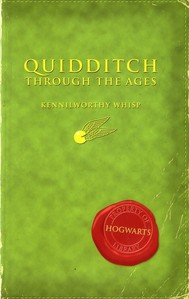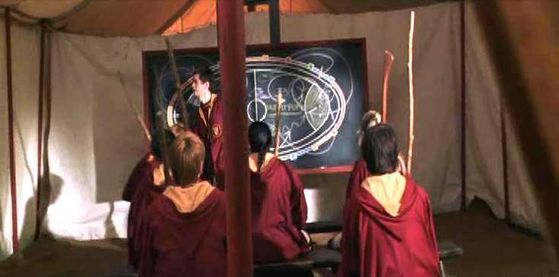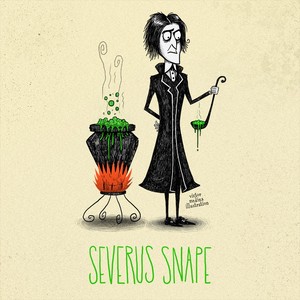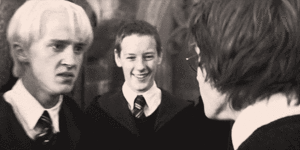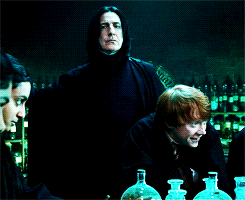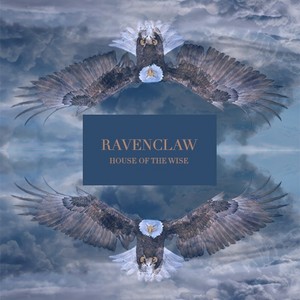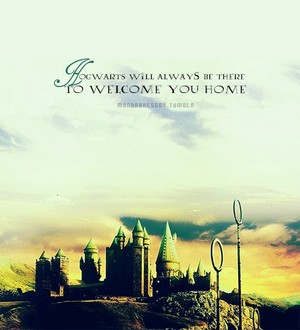According to the Книги there are supposed to be 700 Quidditch fouls. However I'll mention sortly 10 of the commonest ones, with the help of Harry Potter wiki.=)
1.Blagging
An often-used foul which can be commited by all the players of a team. It is consisted of grabbing the broomstick tail of a player from the opposing team in order to delay или thwart them. We see it in the "Harry Potter and the Prisoner of the Azkaban" book, commited by Draco Malfoy against Harry Potter.
2.Blatching
In order to happen, a player has to fly towards another player with deliberate intention to collide with him или her. It's detected in the "Harry Potter and the Goblet of Fire" book, in the final of the 1994 Quidditch World Cup, when Vasily Dimitrov flew directly towards Moran and almost knocked her off her broom. Moreover, in the "Harry Potter and the Order of the Phoenix" book, Harry is being blatched by Harper, the Substitute Slytherin Seeker.
3.Bumphing
It's consisted of a Beater sending a Bludger towards the crowd. When this happens, the game is paused so that the officials can protect the spectators.
4.Blurting
It happens when a player locks his или her broomstick handle with that of an opponent in order to steer the opponent off course.
5.Cobbing
A common foul which is consisted of a player using his elbows excessively to hurt an opponent. In the "Harry Potter and the Goblet of Fire" book, in the Quidditch World Cup, the Bulgarian Keeper, Zograf cobbed Mullet, an Irish Chaser.
6.Flacking
It's commited when a Keeper uses any part of his или her anatomy to reach through the goal hoop and push the Quaffle out.
7.Haversacking
It's marked when a Chaser still holds или touches the Quaffle as it goes through the goal hoop.
8.Quaffle-pocking
A Quidditch foul that consisted of a Chaser altering the Quaffle in any way.
9.Snitchnip
It occurred when any player (other than the Seeker) caught или touched the Golden Snitch.
10.Stooging
It was a tactic performed in the scoring area, and involved a team's Chasers. It was when two of a team's Chasers knocked the opposing team's Keeper out of the way so that their third Chaser can score a goal easily. Stooging was originally allowed in Quidditch matches, but was eventually banned in 1884.
1.Blagging
An often-used foul which can be commited by all the players of a team. It is consisted of grabbing the broomstick tail of a player from the opposing team in order to delay или thwart them. We see it in the "Harry Potter and the Prisoner of the Azkaban" book, commited by Draco Malfoy against Harry Potter.
2.Blatching
In order to happen, a player has to fly towards another player with deliberate intention to collide with him или her. It's detected in the "Harry Potter and the Goblet of Fire" book, in the final of the 1994 Quidditch World Cup, when Vasily Dimitrov flew directly towards Moran and almost knocked her off her broom. Moreover, in the "Harry Potter and the Order of the Phoenix" book, Harry is being blatched by Harper, the Substitute Slytherin Seeker.
3.Bumphing
It's consisted of a Beater sending a Bludger towards the crowd. When this happens, the game is paused so that the officials can protect the spectators.
4.Blurting
It happens when a player locks his или her broomstick handle with that of an opponent in order to steer the opponent off course.
5.Cobbing
A common foul which is consisted of a player using his elbows excessively to hurt an opponent. In the "Harry Potter and the Goblet of Fire" book, in the Quidditch World Cup, the Bulgarian Keeper, Zograf cobbed Mullet, an Irish Chaser.
6.Flacking
It's commited when a Keeper uses any part of his или her anatomy to reach through the goal hoop and push the Quaffle out.
7.Haversacking
It's marked when a Chaser still holds или touches the Quaffle as it goes through the goal hoop.
8.Quaffle-pocking
A Quidditch foul that consisted of a Chaser altering the Quaffle in any way.
9.Snitchnip
It occurred when any player (other than the Seeker) caught или touched the Golden Snitch.
10.Stooging
It was a tactic performed in the scoring area, and involved a team's Chasers. It was when two of a team's Chasers knocked the opposing team's Keeper out of the way so that their third Chaser can score a goal easily. Stooging was originally allowed in Quidditch matches, but was eventually banned in 1884.
I recently found a strange contradiction in the concept of wizarding money.I'd like to know if my idea is true или if there is a counter-argument against it.
In pg.65 of HP and the Chamber of Secrets,we learn that Muggle money can be exchanged into wizarding money.
We also know that potentially valuable(in a Muggle point of view) objects such as chairs can be Conjured by magic(eg:Dumbledore does this in the courtroom in HP and The Order of the Phoenix).
So any wizard who knows basic Transfiguration can Conjure objects such as chairs,sell them to Muggles to obtain Muggle money and then exchange this money into Galleons,thus obtaining an infinite amount of wealth.
Doesn't this contradict the whole point of wizarding money?
Thanks in advance for any help.
In pg.65 of HP and the Chamber of Secrets,we learn that Muggle money can be exchanged into wizarding money.
We also know that potentially valuable(in a Muggle point of view) objects such as chairs can be Conjured by magic(eg:Dumbledore does this in the courtroom in HP and The Order of the Phoenix).
So any wizard who knows basic Transfiguration can Conjure objects such as chairs,sell them to Muggles to obtain Muggle money and then exchange this money into Galleons,thus obtaining an infinite amount of wealth.
Doesn't this contradict the whole point of wizarding money?
Thanks in advance for any help.


